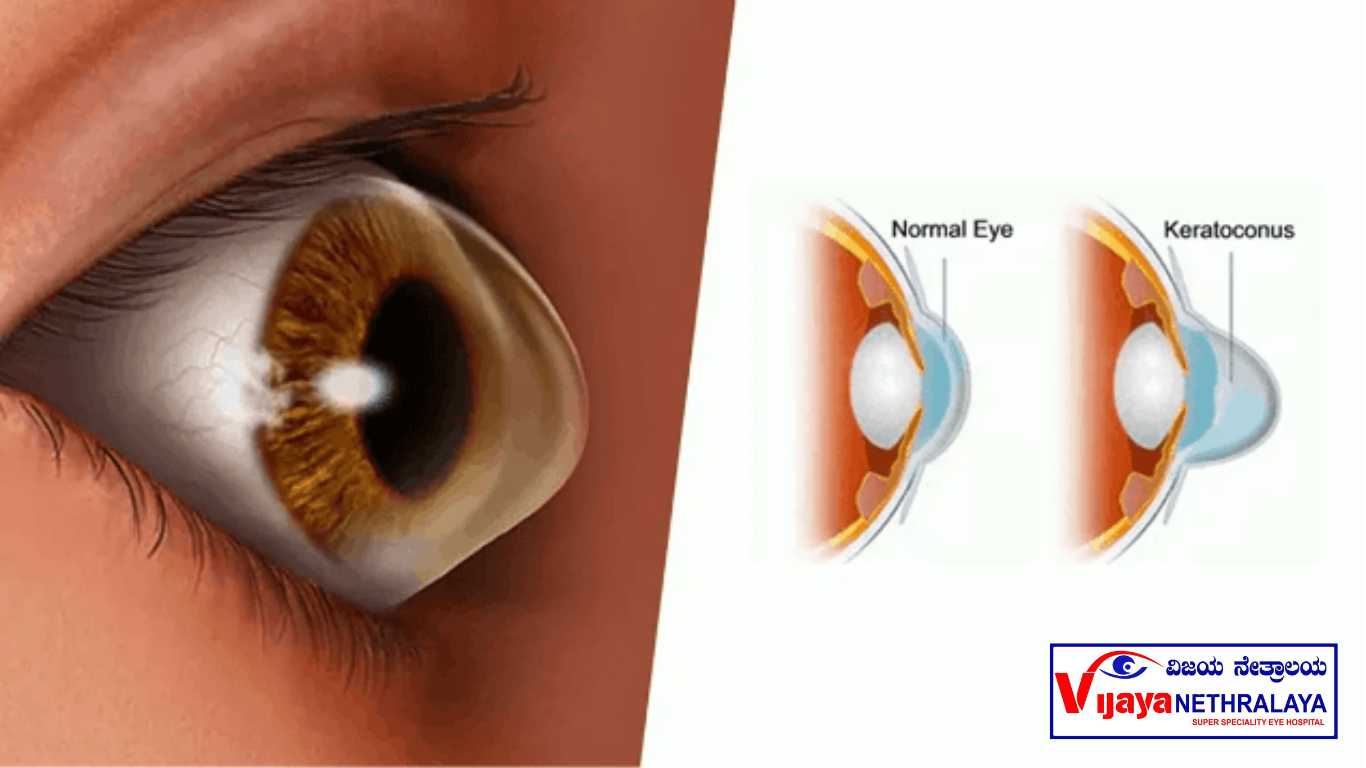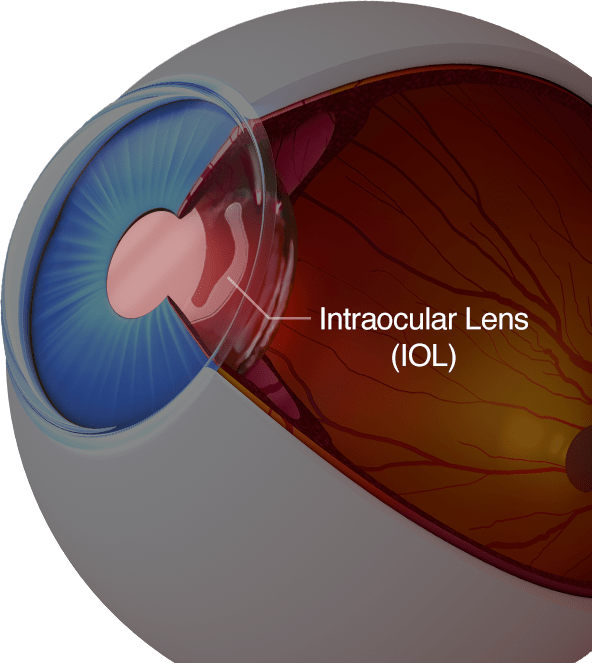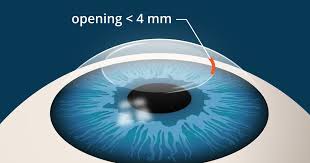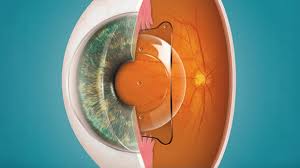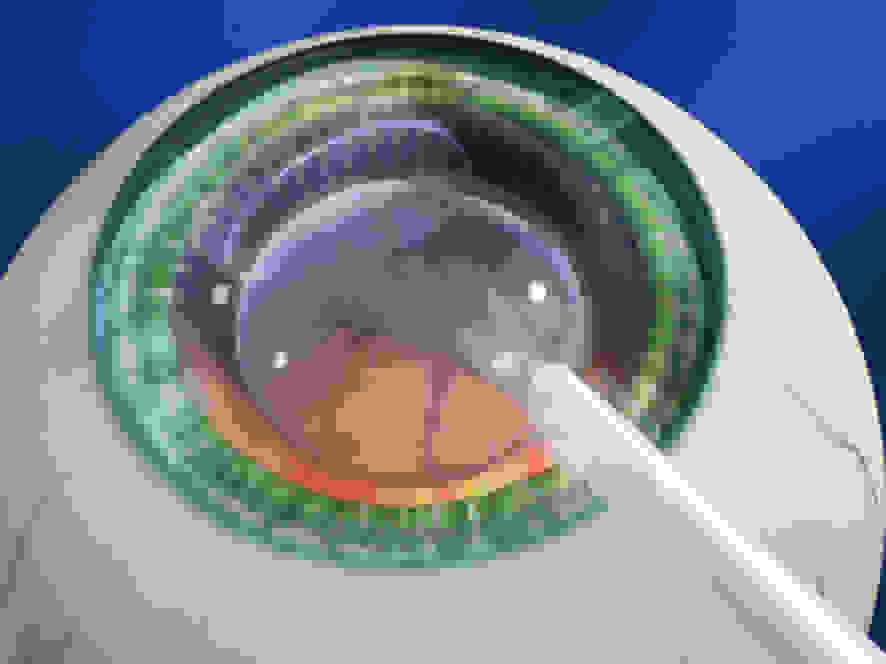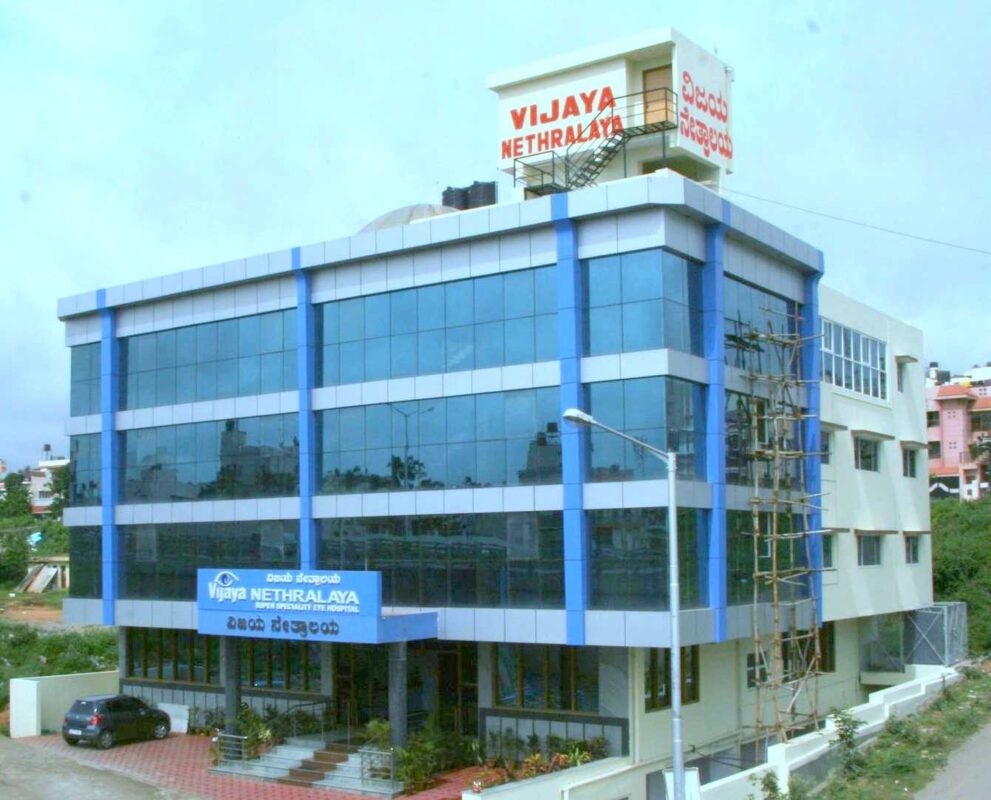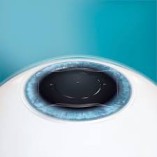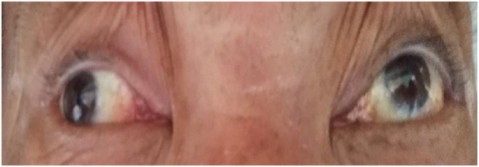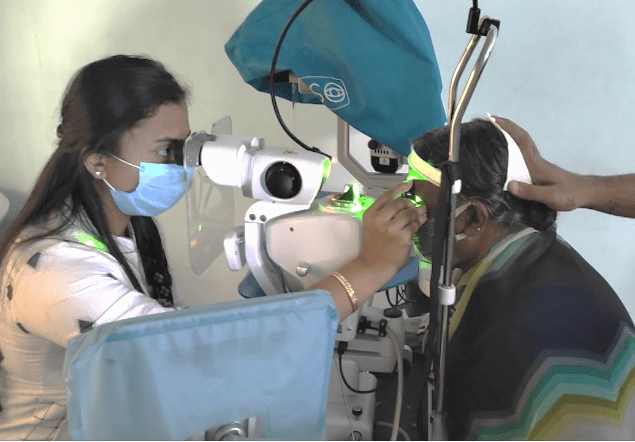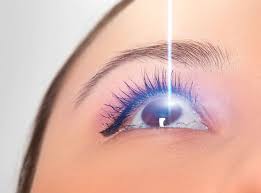Introduction:
Keratoconus, a progressive eye condition, is characterized by the thinning and bulging of the cornea, leading to distorted vision. It often emerges during the teenage years or early adulthood, causing significant challenges for those affected. If your finding a (keratoconus specialists near me) so this is the right place.
Causes and Symptoms of Keratoconus:
Genetic Factors:
The role of genetics in predisposing individuals to Keratoconus is significant. Moreover, research suggests a higher risk for those with a family history of the condition. Understanding these genetic factors is crucial for early detection and proactive management.
Environmental Factors:
Environmental factors, such as excessive eye rubbing or extended use of poorly fitted contact lenses, can contribute to the development of Keratoconus.
Common Symptoms:
Symptoms include blurred or distorted vision, increased sensitivity to light, and frequent changes in prescription glasses.
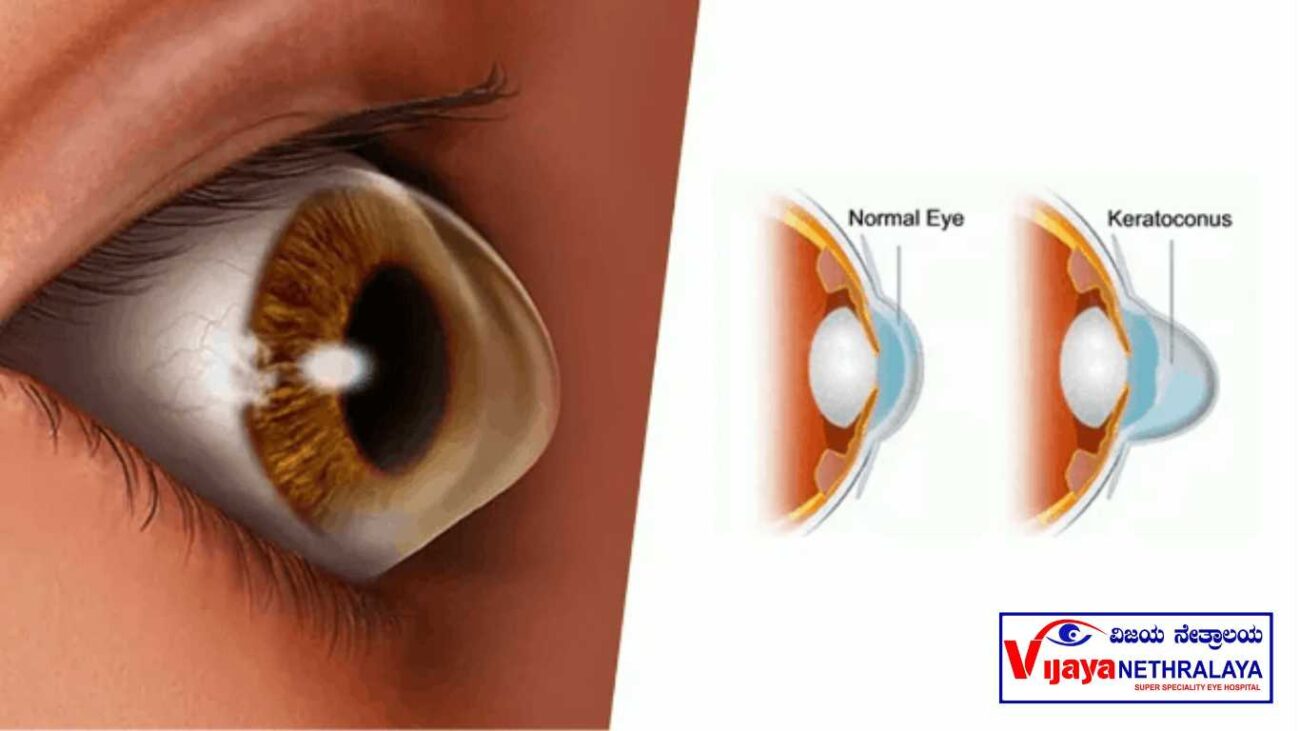
Diagnosis and Early Detection:
Regular eye exams are crucial for early detection. Additionally, specialists employ advanced techniques such as corneal mapping and topography to accurately diagnose Keratoconus. This proactive approach ensures timely intervention for better management of the condition and improved eye health.

Traditional Treatment Approaches:
Historically, glasses and contact lenses have been the primary tools for managing Keratoconus. However, these methods have limitations, and patients often face challenges in achieving optimal vision correction.
Emerging Technologies in Keratoconus Treatment:
Recent advancements, such as corneal cross-linking and scleral lenses, offer more effective and comfortable solutions. These treatments aim to slow down the progression of the condition and provide better visual outcomes.
Finding a Keratoconus Specialist Near You:
Local optometrists, ophthalmologists, and online directories can help individuals locate specialists. Seeking recommendations from support groups or healthcare providers is also beneficial.
Vijaya Nethralaya Super Speciality Eye Hospital:
Embark on a journey to visual clarity with Vijaya Nethralaya’s specialized Keratoconus treatment. Guided by the expertise of renowned doctors, Dr. Sushruth Appaji Gowda and Dr. Appaji Gowda, our comprehensive approach ensures your eyes receive the best care possible. Don’t wait – schedule a consultation now and entrust your vision to the skilled hands of these experts.
Tips for Maintaining Eye Health:

In addition to specific Keratoconus treatments, general eye care practices, such as protecting eyes from UV rays and staying hydrated, contribute to overall eye health.
Author Details:
Dr. Sushruth Appajigowda holds a prominent position as a Cornea, Cataract, Glaucoma, and LASIK Surgeon in Bangalore. He serves as the chief Cataract and Refractive surgeon at Vijaya Nethralaya Eye Hospital, Nagarbhavi Bangalore. Renowned as one of the finest LASIK surgeons nationwide, he brings with him over 12+ years of experience across multiple LASIK platforms, including ZEISS, ALCON, SCHWIND, AMO, and Bausch and Lomb. Having successfully conducted over 5000 LASIK procedures, Dr. Sushruth holds the title of a Certified Refractive Surgeon and a Fellow of the All India Collegium Of Ophthalmology. Furthermore, he stands as a distinguished speaker at various National and International Forums, using his expertise to guide you in selecting the most suitable procedure based on your health requirements.

Conclusion:
Navigating the world of Keratoconus may seem daunting, but with the right information and support, individuals can effectively manage their condition. Seeking expert guidance from a Keratoconus specialist ensures personalized care and improved quality of life.
FAQs:
- Is Keratoconus a rare condition?
- No, Keratoconus is not rare, affecting about 1 in 2,000 people.
- Can Keratoconus be completely cured?
- While there’s no outright cure, advancements in treatments can effectively manage and slow down the progression of Keratoconus.
- How often should I have my eyes checked if I have Keratoconus?
- Regular eye check-ups, at least once a year, are crucial for monitoring the progression of Keratoconus.
- Are there support groups for individuals with Keratoconus?
- Yes, many online and local support groups offer a platform for individuals to share experiences and seek advice.
- What lifestyle changes can help manage Keratoconus?
- Avoiding eye rubbing, protecting eyes from excessive sunlight, and maintaining a healthy lifestyle can contribute to managing Keratoconus effectively.

